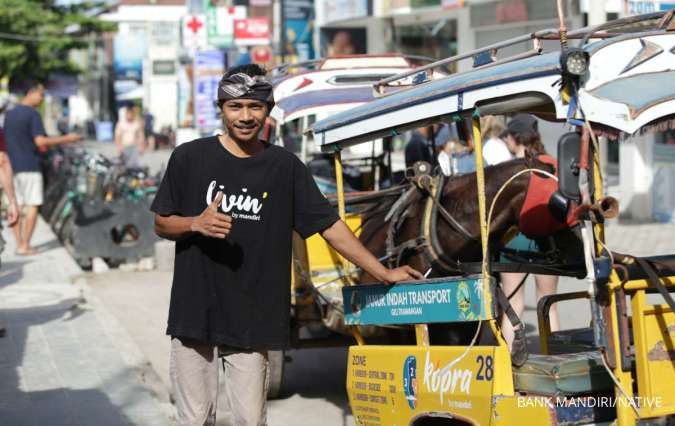KONTAN.CO.ID - RIYADH. Saudi Arabia is to limit the number of domestic pilgrims attending the haj to around 1,000 to prevent the spread of the coronavirus, after barring Muslims abroad from the rite for the first year in modern times. Haj minister Mohammed Benten told a news briefing on Tuesday that strict health criteria would be used to select eligible pilgrims among citizens and residents. Those above 65 years old would not be allowed to attend the annual pilgrimage, he said. Some 2.5 million pilgrims typically visit the holiest sites of Islam in Mecca and Medina for the week-long haj, a once-in-a-lifetime duty for every able-bodied Muslim. Haj is due to start by the end of July.
Saudi Arabia to restrict domestic haj pilgrims amid coronavirus fears
KONTAN.CO.ID - RIYADH. Saudi Arabia is to limit the number of domestic pilgrims attending the haj to around 1,000 to prevent the spread of the coronavirus, after barring Muslims abroad from the rite for the first year in modern times. Haj minister Mohammed Benten told a news briefing on Tuesday that strict health criteria would be used to select eligible pilgrims among citizens and residents. Those above 65 years old would not be allowed to attend the annual pilgrimage, he said. Some 2.5 million pilgrims typically visit the holiest sites of Islam in Mecca and Medina for the week-long haj, a once-in-a-lifetime duty for every able-bodied Muslim. Haj is due to start by the end of July.

